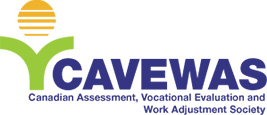A new study involving University of Guelph researchers shows unemployment rates for graduates with disabilities are twice as high than for those without disabilities.
Graduates with disabilities also face a wage gap when they do find full time work, the study found.
In the Canadian Review of Sociology study, U of G sociology and anthropology professor David Walters and doctoral candidate Brad Seward found that students with disabilities faced greater difficulty in finding employment than their peers.
Researchers based their findings on reviewing Statistics Canada's National Graduates Survey.
Liberal arts, business and engineering graduates with self-disclosed disabilities faced more difficulties finding full-time work than graduates in sciences and health care, researchers found.
"There's a gap of approximately $4,000 between graduates with and without disabilities, and that's just two years after graduation; we would expect that gap to grow with time," said Walters in a news release.
"However, the even bigger challenge is in finding full-time employment. The unemployment rate for graduates with a disability is twice as high as for those without one."
Liberal arts graduates with a self-disclosed disability earned about $6,000 less than their peers who did not report having a disability. They struggle the most to find full-time employment, though business and engineering graduates also had significant issues.
Graduates with disabilities were more likely to be found in part-time jobs.
Walters suggests universities could also work closer with employers to better prepare graduates, especially those with disabilities, for making their transitions from school to work.
"We hope this study will lead to better-prepared graduates, ready to find jobs regardless of their disabilities and struggles," he said.
